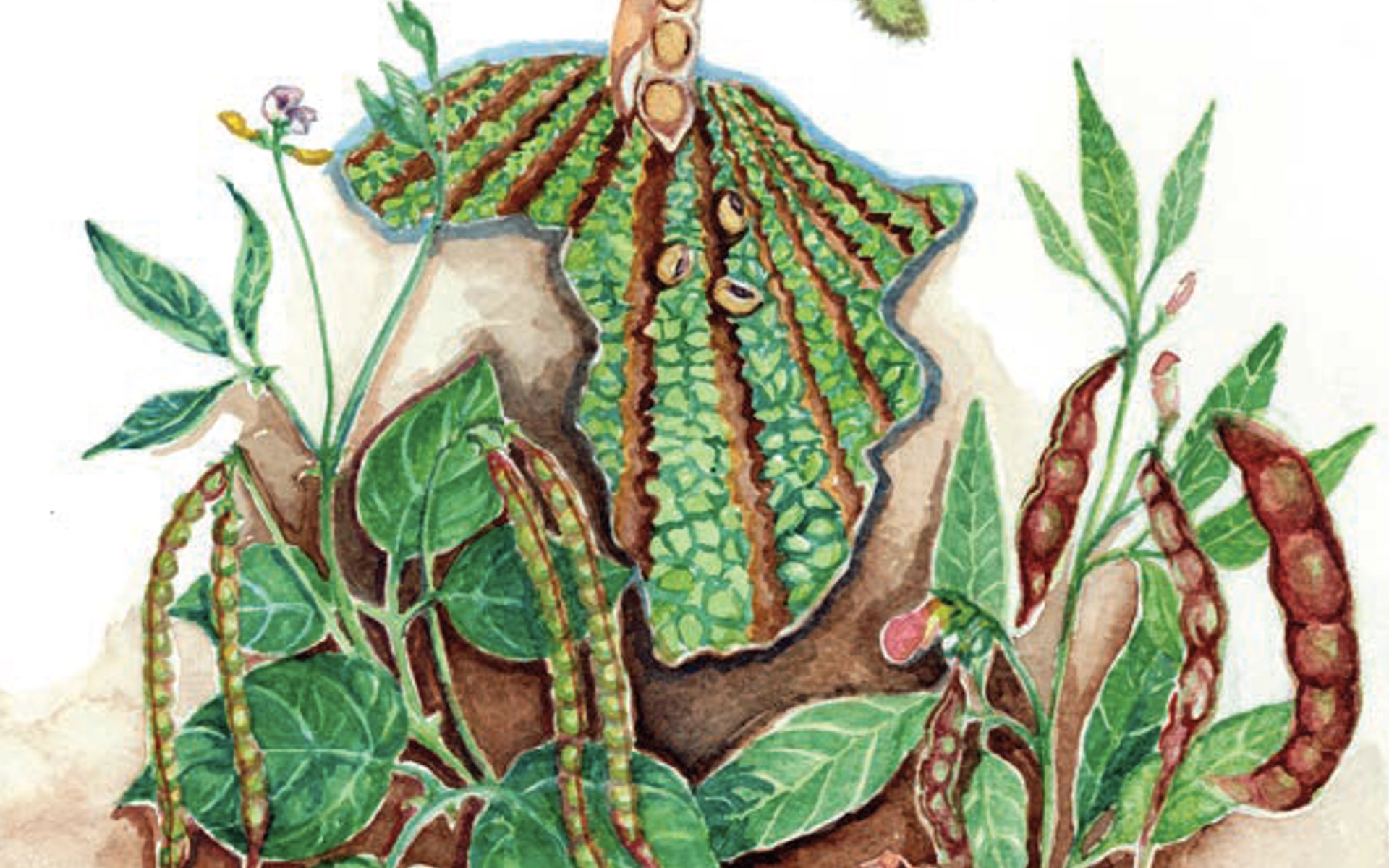Latest Resources

29 November 2022
The changing nature of Kenya’s seed sector: lessons from the potato seed industry
In this paper, we discuss the changes taking place in the Kenyan seed sector, with a focus on potato. The changes paint an extremely disturbing picture of how draconian agricultural and seed laws and policies are undermining smallholder farmers and their seed and food systems. These laws and policies form part of the architecture that […]

8 April 2019
Production quality controls in farmer seed systems in Africa
This ACB report explores issues relating to farmers’ independent seed development, production and distribution. Drawing from innovative case studies in Brazil, East Africa and elsewhere, suggestions are presented to strengthen farmer quality control practices. In sub-Saharan Africa, more than 65% of the population depends on agriculture for their livelihoods, producing around 80% of food consumed. […]

23 March 2018
Seed policy paper: Towards national and regional seed policies in Africa that recognise and suppo...
The African Centre for Biodiversity (ACB) has prepared this policy discussion document as a contribution towards national and regional seed policies in Africa that recognise and support farmer seed systems. The document is an effort to synthesise the policy issues emerging from our research and advocacy work on farmer seed systems in the past few […]

1 March 2018
A review of participatory plant breeding and lessons for African seed and food sovereignty movements
There is growing awareness of the unique and important role smallholder farmers around the world play in conserving, using and enhancing biodiversity. Conventional breeding has created a separation between farmers and specialised breeders. Participatory plant breeding (PPB) is a field of action developed over the past 25-30 years to overcome this separation, and reunite farmers […]

16 October 2017
GM cotton in Africa: battleground between US and Chinese Capital
This paper provides an overview of the GM cotton push in in East and Southern Africa, within the context of the global and regional cotton markets.

15 June 2017
The GM maize onslaught in Mozambique: Undermining biosafety and smallholder farmers
A new report from the ACB, “The GM maize onslaught in Mozambique: Undermining biosafety and smallholder farmers” written in conjunction with Acção Academicapara o Desenvolvimento das Comunidades Rurais (ADECRU) has been released today. It provides an analysis of the changes made to Mozambique’s biosafety legislation in order to allow for field trials of genetically modified […]

13 March 2017
Two simplified briefings introducing new GM technologies and biosafety risks
These reports introduce the novel techniques already being employed, or in development and their associated biosafety concerns that go against the claim that crops developed with these methods are technological progress in ‘precision’ and ‘safety’. Further described is the utilisation of RNA interference, an epigenetic process that is already being employed in commercialised crops. Despite […]

13 February 2017
Bayer-Monsanto merger: An existential threat to South Africa’s food system
In December 2016 Monsanto shareholders voted in favour of the sale of the company to Bayer for US$66 billion, making it the largest-ever foreign corporate takeover by a German company. Both Bayer and Monsanto are major global manufacturers of agrochemicals and seeds, including genetically modified seed. A merged entity would be the world’s largest supplier […]

29 August 2016
N2 Africa, the Gates Foundation and Legume commercialisation in Africa
This report considers the N2Africa programme, which aims to develop and distribute improved, certified legume varieties (soya, common bean, groundnut and cow pea); promote and distribute inoculants and synthetic fertiliser; and develop commercial legume markets for smallholder integration in 13 countries in sub-Saharan Africa: Tanzania, Uganda, Ethiopia, Nigeria, Ghana (core countries); Kenya, Rwanda, Democratic Republic […]

18 April 2016
Zimbabwean smallholder support at the crossroads: Diminishing returns from Green Revolution seed ...
This scoping report is published jointly by the African Centre for Biodiversity (ACB and the Zimbabwe Small-Scale Organic Farmers’ Forum (ZIMSOFF). The report focuses on government and donor farm input subsidy programmes (FISPs) and seed aid in facilitating the spread of Green Revolution technologies and raises questions about who really benefits from these programmes. It […]
